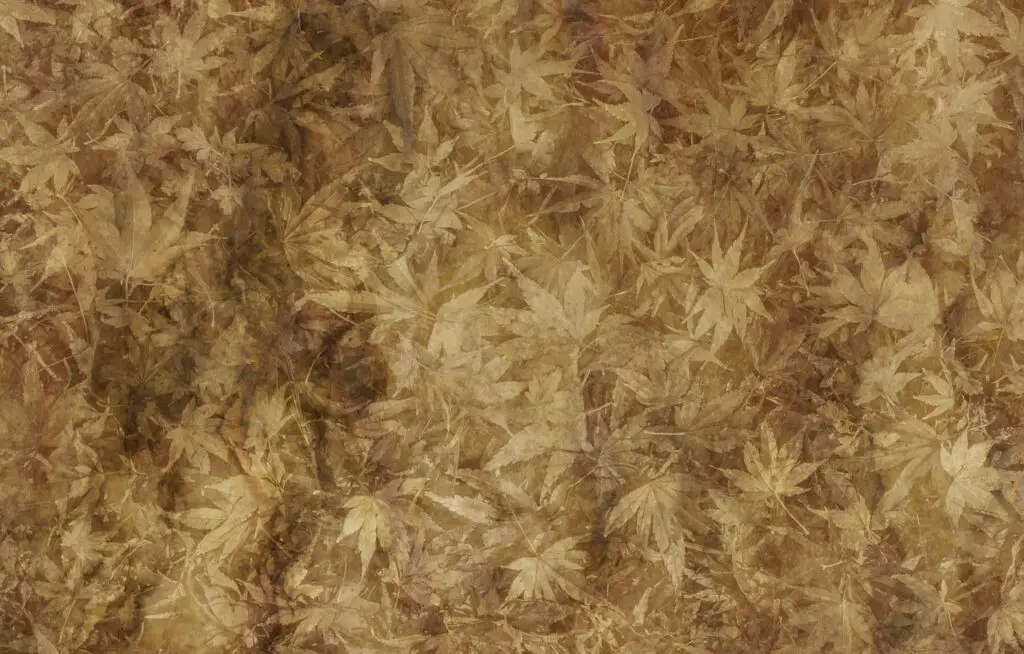Parchment paper is a popular choice for baking, cooking, and storage, but many wonders if it is recyclable.
Parchment paper is made from cellulose, a natural, renewable resource derived from wood pulp. Theoretically, parchment paper should be recyclable, just like any other paper product.
However, the reality is that it is often difficult to recycle parchment paper due to its use and the substances it comes into contact with during cooking and baking.
One of the main challenges with recycling parchment paper is that it is often contaminated with food residues and other substances, making it difficult to process in a recycling facility.
Parchment paper is also treated with a silicone coating, which can cause problems during recycling.
Additionally, parchment paper is often used in small quantities, making it less cost-effective to recycle than other paper products.
When recycling parchment paper, it is important to ensure that it is clean and free of any residue caused by food.
Despite these challenges, it is still possible to recycle parchment paper in some cases.
Some recycling facilities may accept parchment paper if it is clean and free from contaminants, although this may not be common.
It is also possible to compost parchment paper as long as it is free from synthetic additives and contaminants.
Is It Possible to Re-Use Parchment Paper?
Parchment paper can be reused as long as it is in good condition and has not become overly greased, dark, or burned.
It is generally safe to reuse parchment paper for dry dishes, such as cookies, bread, and some types of pie, as long as it is clean and free from bacteria.
However, if the parchment paper is soiled or contaminated, it is best to discard it and use a new sheet to avoid the risk of bacterial growth.
Choosing a high-quality parchment paper that is more durable and will last longer is also recommended.
Benefits Of Recycling Parchment Paper
Reduces Energy Consumption
Recycling parchment paper reduces energy consumption because fewer resources are required to make new materials.
Prevents Deforestation
Recycling parchment paper also prevents deforestation, as there is a reduced need to cut down trees to produce new paper products.
Conserves Resources
As there is a significant reduction in water and other natural resources, recycling parchment paper helps conserve them.
Reduces Global Warming
Reducing the number of greenhouse gases released during production slows global warming.
Reduces Air Pollution
Reducing the number of harmful chemicals released into the air reduces air pollution on a large scale.
Saves Money
Recycling parchment paper helps save money, as recycled paper products are often cheaper than new ones.
Creates Jobs
Recycling parchment paper increases the number of jobs since more people are needed to process the paper.
Reduces Waste
Recycling parchment paper is a great way to reduce waste because it can be used more than once if recycled.
Alternative To Landfilling
The use of parchment paper provides an alternative to landfilling because parchment paper can be recycled instead of disposed of in a landfill.
Sustainable Lifestyle
Encourages the use of renewable resources and encourages a sustainable lifestyle, so that a sustainable lifestyle is encouraged.
Eco-Friendly Parchment Paper Alternatives
With the ever-growing popularity of at-home baking, many people are looking for ways to make their kitchen habits more sustainable. Parchment paper is a type of greaseproof paper that is often used in baking and cooking.
It is coated with a silicone layer, making it non-stick and heat resistant.
Parchment paper is not recyclable, but some eco-friendly alternatives can be used in its place. Here are some eco-friendly alternatives to parchment paper:
Silicone Baking Mats
Silicone baking mats are made from food-grade silicone and can be reused many times. They can be used instead of parchment paper for tasks like lining baking sheets or rolling out dough. Simply wash them with soap and water after each use; they will be good as new.
Reusable Non-Stick Cookie Sheets
Some brands sell reusable non-stick cookie sheets. These are made from a durable material that can be washed and reused multiple times. They work just like parchment paper but without the need to throw anything away after each use.
Foil Or Wax Paper
Foil or wax paper can also be used in place of parchment paper. They are both recyclable, so you can simply toss them in the recycling bin when you’re done using them.
Bamboo Paper
Made from sustainably-harvested bamboo plants, bamboo paper is an eco-friendly alternative to parchment paper. It is durable and strong, making it perfect for baking and wrapping food.
Banana Leaf Paper
Banana leaf paper is a sustainable alternative to parchment paper. It is made from the leaves of banana trees, which are stripped down and dried before being turned into paper.
Coconut Oil Spray
Coconut oil spray is a great way to prevent food from sticking to baking pans. It is eco-friendly and healthier than parchment paper and contains no chemical additives.
Conclusion
Parchment paper is a great kitchen tool that can help make cooking and baking much easier as it’s important to know if it’s recyclable so you can do your part in helping the environment. Parchment paper is recyclable if you separate it from other non-recyclable materials like aluminium foil.
With this knowledge, you should now be able to use parchment paper confidently, knowing that you won’t be contributing any unnecessary waste to landfills even when done using it.
There are many reasons why parchment paper can be a great alternative to aluminium foil and plastic wrap when storing food and baking.
Compared with traditional materials, it is a much eco-friendlier option and can occasionally be recycled if needed.
Parchment paper is environmentally friendly for storing food and baking foods.
Overall, the recyclability of parchment paper depends on the specific recycling facility and the condition of the parchment paper.
While recycling parchment paper is generally not easy, there are still ways to dispose of it in an environmentally-friendly manner.






